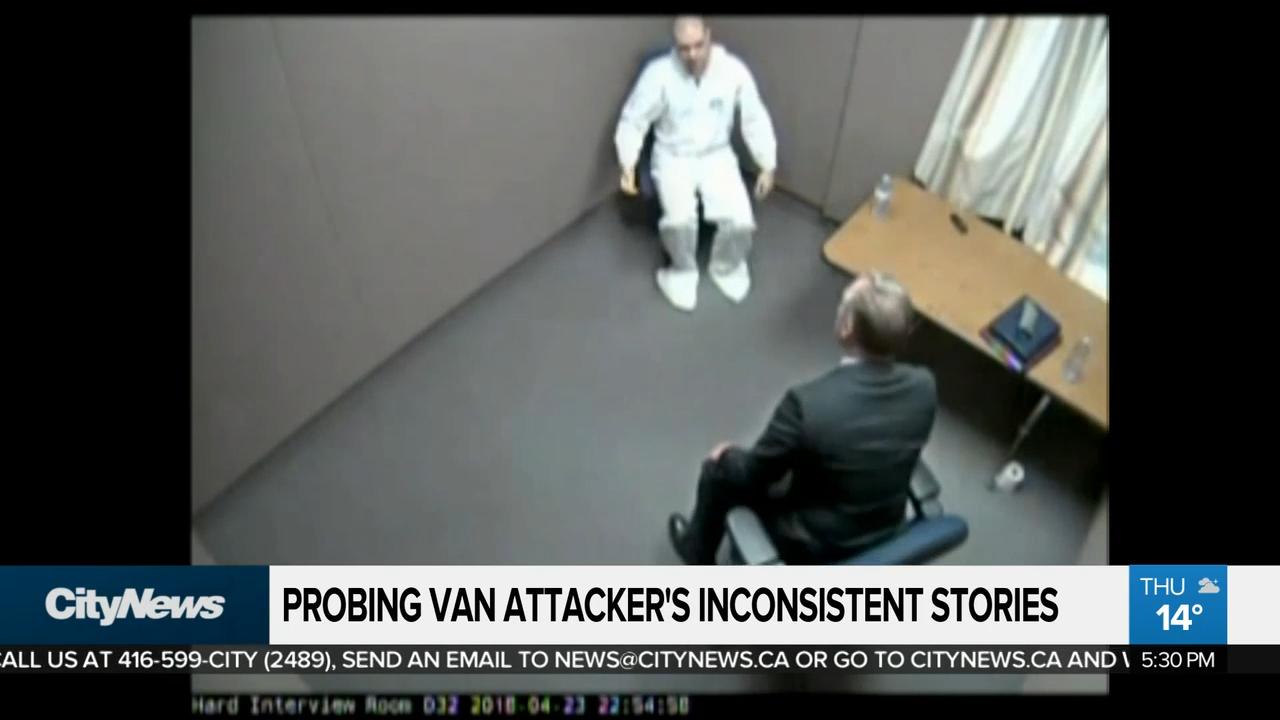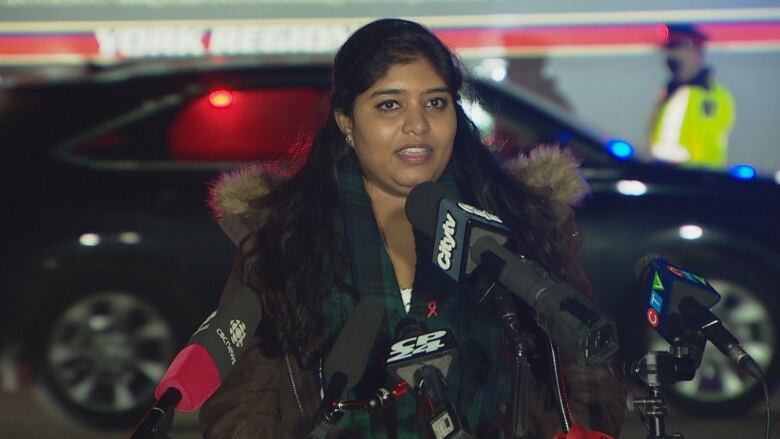A RAPID AND RADICAL SHIFT – The House Just Voted to Decriminalize Weed
I am proud to have been selected as the Best Criminal Defense Lawyer in Newmarket for the 4th year in a row. :)
DEALING WITH DRINKING AND DRIVING – THE IMMEDIATE ROADSIDE SUSPENSION (IRS) – Instead of charging a criminal offence (which you have an opportunity to defend) the program authorizes police to immediately impose license suspensions and other penalties at the roadside. The administratively imposed penalties include a 15-month licence suspension, a 30-day vehicle impoundment, increased fines, ignition interlock requirements and remedial education requirements.
THE SEX OFFENDER REGISTRY IS DISCRIMINATORY (SCC) – What now?
THIS JUSTICE OF THE PEACE WAS REMOVED FOR SPEAKING OUT ABOUT OUR BAIL SYSTEM – Her concerns were twice acknowledged by the Supreme Court of Canada. She accurately describes the dysfunction of our bail courts.
BE AWARE – York Regional Police has launched its annual holiday RIDE program.
This partnership is an excellent protocol.
/www.facebook.com/OfficialYRP/videos/2819242711736215
Will Amazon dominate the legal market in the future?
Autism does NOT = violence. Autism does NOT = not criminally responsible (NCR)
Why are we so quick to label and generalize things? Autism is a spectrum disorder. The question is NOT whether Minassian is autistic but rather whether he was “suffering from a mental disorder that rendered him incapable of appreciating the nature and quality of the act or of knowing it was wrong. (s. 16(1))






